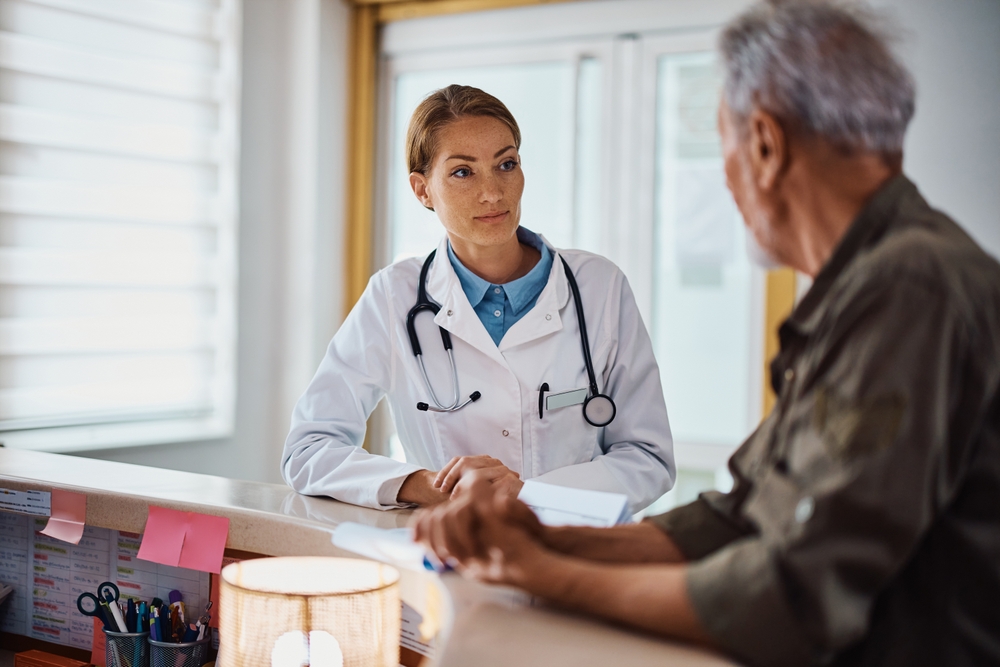
A Guide to Seeking Compensation for 9/11- Related Sicknesses: Steps to Take
November 4, 2024The World Trade Center’s emission of toxic dust and debris on September 11, 2001, caused many people to suffer from illnesses like cancer, respiratory conditions, or mental health problems. To ensure you receive the appropriate medical attention, support, and compensation you are entitled to, you need to take several actions. Many of the first responders, employees, and residents who were in contact with Lower Manhattan during or after 9/11 have experienced health problems as a result. If you are among those affected by the unfortunate event, here are the steps you should take to receive 9/11 injury payouts:
Table of Contents
1. Seek medical treatment
Seeking treatment is the first step if you think you may have a 9/11-related sickness. Many of the illnesses that arise from 9/11 exposure might take years to show symptoms, so even if you are only feeling the consequences now, you should get checked out by a doctor right away. Common sicknesses associated with 9/11 include respiratory disorders, GERD, several forms of cancer (such as skin, prostate, and lung cancer), and mental health issues (such as depression and PTSD).
If you believe that your illnesses is related to 9/11, tell your doctor about your exposure history and all of the symptoms you may be experiencing.
2. Register with the World Trade Center Health Program [WTCHP]
For those who suffered from 9/11-related illnesses, the World Trade Center Health Program (WTCHP) offers health services, treatment, and monitoring. The program focuses on first responders, volunteers, recovery workers, and survivors in the Pentagon, Shanksville, Pennsylvania, or the New York City disaster area. One must register with the WTCHP to receive free medical consultations and checkups. It includes mental health services, therapy, and health evaluation.
3. Apply for compensation from the Victim Compensation Fund [VCF]
Those diagnosed with 9/11-related illnesses, such as those who were present in Lower Manhattan, the Pentagon, or Shanksville, Pennsylvania, within a specified timeframe following the attacks, are eligible for financial compensation from the VCF. The VCF pays for medical bills, lost income, and pain & suffering brought on by the sickness.
It’s crucial to remember that there are deadlines based on when your 9/11-related illness was identified, so you need to register with the VCF as soon as possible.
4. Make sure that you have a record of your medical and employment history
When claiming benefits or compensation, you must be meticulous about your documentation. Keep detailed records of your medical and employment history to support your claim, including:
- Medical records that prove the illnesses associated with 9/11 and the treatments you received.
- Resumes and related records attesting to your employment history before and after the September 11 attacks on Ground Zero.
- A representation of time lost to illness or inactivity that prevents income generation.
These documents are necessary when applying for benefits through the WTCHP or submitting a compensation claim through the VCF.
5. Speak with a skilled VCF attorney.
Due to the complexity of the VCF and WTCHP procedures, application submission and proof gathering must be carefully followed. A knowledgeable 9/11 claims lawyer can help you navigate these procedures, guaranteeing the highest possible settlement and preventing mistakes. They operate on a contingency fee basis and provide free consultations so you don’t have to worry about their legal fees.









